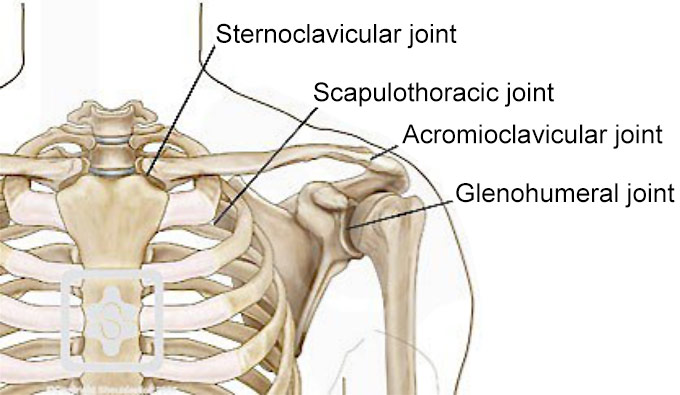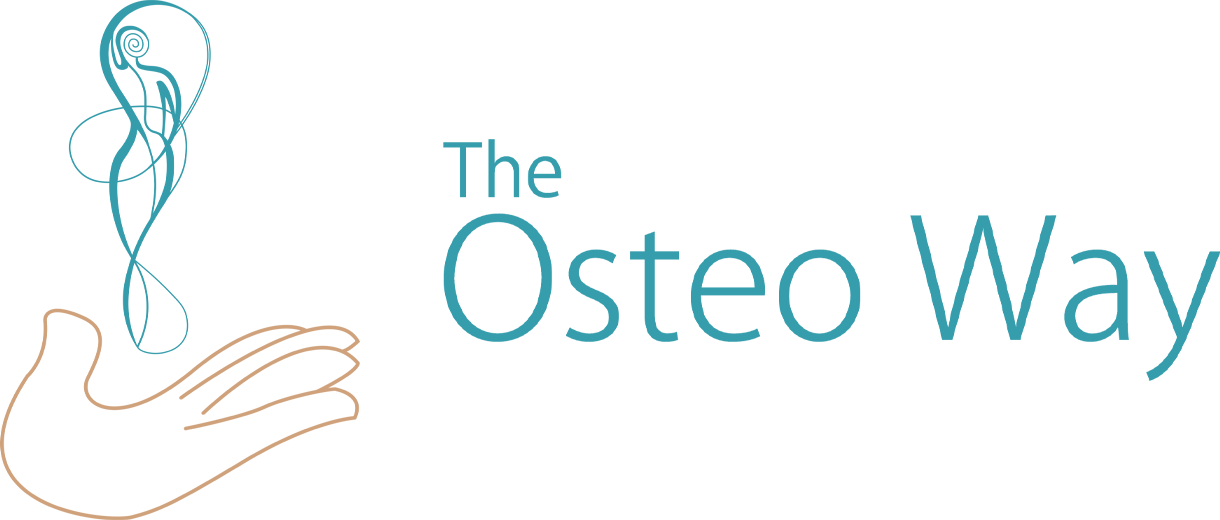During the warmer months of the year, a lot of our patients are avid golfers and they try to make the most of it, looking forward to it for months in advance. If this is you, what a pity it is, then, when your shoulder starts to hurt in the spring! This is what happened to Donna.
When she first came to see me, Donna’s shoulder had been getting worse (even with physiotherapy treatment and regular stretches). She was ready to try anything in order to be able to play again in the summer.

Did you know the shoulder is made of five joints? It links the clavicle, the humerus, the shoulder blade, the sternum and the ribs. All of these are linked by ligaments and eighteen muscles (making the shoulder a very complex joint).
Donna’s injury seemed to happen all of a sudden, but shoulder injuries can have multiple causes:
- Arthritis
- Overuse, poor technique, or use of it during a physical activity or at work
- Micro-traumatism (over time, after a couple of months or years, it creates wear and tear in the tendons/ligaments/cartilage and bones)
- Hormonal: When hormones change for example: around menopause, women can have more tendon injuries. The liver transforms hormones into cholesterol, but this process weakens during menopause which can create more shoulder injuries and carpel tunnel.
- Digestive: The right Shoulder can be affected by the liver, while the left can be affected by the stomach, heart and pancreas. They are related to each other by connective tissues and nerves.
With Donna being in her 50’s, we assumed that some hormones could be involved. Her treatment consisted not only of treating the five joints composing her shoulder, but also her rib cage (after all the shoulders are sitting on top of it), her neck muscles and fascia attachment to the skull, some visceral manipulations, and the overall rebalancing of her body’s joints.
After a few appointments, and thanks to her regular practice of her chest/shoulder opener exercises, and her breathing exercises (to improve her rib cage mobility), her shoulder started to have greater range of motion (we call it “Frozen shoulder” because it doesn’t move in any direction).
Donna was able to slowly start playing golf again–maybe not 18 holes, 3 days in a row–but she was happy to be on the green this summer.
